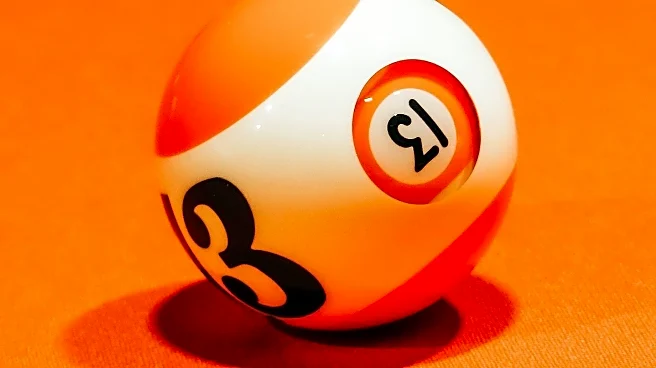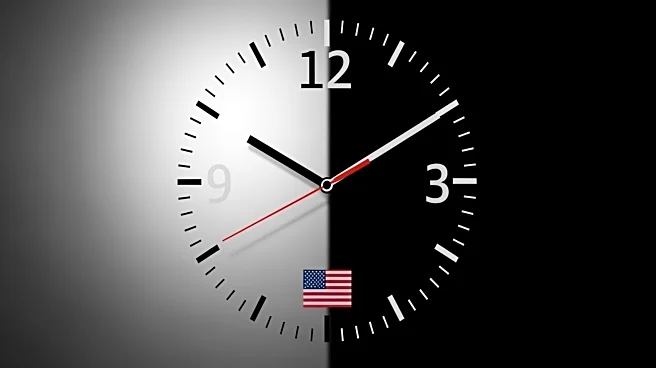What's Happening?
The Atlantic's latest trivia questions explore historical and cultural topics, including the origins of financial speculation in the United States. Since the late 1800s, speculators have traded contracts
for future asset sales, known as 'futures,' initially focusing on grain prices. This financial product has evolved to include foreign-currency futures and interest rate bets, with a loophole allowing sports betting even in states where it is illegal. Additionally, the trivia touches on cultural references such as Marcel Proust's novel and the origins of the word 'chocolate' from the Nahuatl language.
Why It's Important?
The discussion of futures trading highlights the longstanding role of speculation in the U.S. economy, illustrating how financial products can adapt and influence market dynamics. The loophole enabling sports betting in certain states underscores ongoing debates about gambling regulations and their impact on state economies. Cultural insights, such as the influence of Proust's work and the etymology of 'chocolate,' enrich understanding of historical and linguistic developments, reflecting the interconnectedness of culture and commerce.
What's Next?
The exploration of futures trading and its implications for sports betting may prompt further examination of regulatory frameworks governing gambling in the U.S. As states navigate the complexities of legalizing sports betting, policymakers may need to address the economic and social consequences of these activities. Additionally, cultural discussions may inspire deeper engagement with historical texts and linguistic studies, fostering appreciation for diverse cultural contributions.
Beyond the Headlines
The ethical considerations surrounding gambling and financial speculation could become more prominent, particularly in terms of consumer protection and responsible gaming practices. The cultural references in the trivia may also encourage broader discussions about the preservation and celebration of linguistic heritage, highlighting the importance of cultural diversity in shaping societal values.












